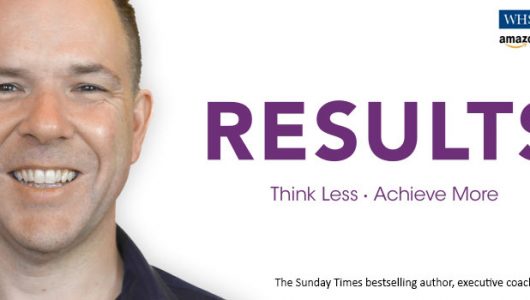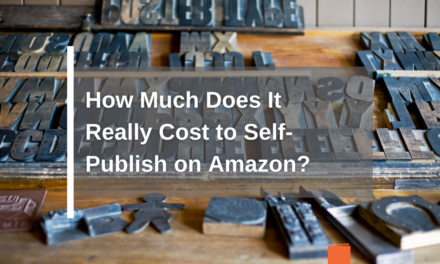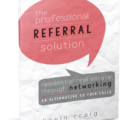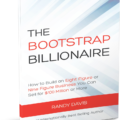Any author who has achieved success in the writing field will tell you that the difficulty of getting published, particularly for novice writers, is a problem that needs to be overcome. Today’s discussion will focus on how novice writers can look for publishing houses to release their works and make them available to their readers.
How to Find the Perfect Book Publishing Company for Your Story
Now that you have chosen the best form of publication for your book out of the possibilities of self-publishing, traditional publishing and the several blended options. Next, it’s time to find your specific publisher.
If you’re hoping to get your book published using the traditional method, it is wise to list multiple publishing companies to contact in case of a negative response. Do not be disheartened if the publishing house you most desire to work with rejects you. Many well-known writers had to make numerous attempts to accept their work, such as Stephen King, Agatha Christie, Louisa May Alcott, and even Dr. Seuss!
Self-Publishing or a Partner Publisher
Should you choose a self-publisher or a partner publisher, with more options available? Then you’ll want to determine what you need in terms of the following:
Services
Do you need somebody to publish your book? Do you require help with the arrangement of the text, the cover’s design, and the book’s promotion?
Note which aspects of publishing you will require help with and search for services that provide those specific requirements.
Marketing
Do you already have plenty of followers on social media due to your occupation, or do you need assistance getting in touch with lots of new people?
Many publishing firms offer a variety of marketing strategies, from digital marketing campaigns to promotional happenings. Consider the different possibilities and talk to your chosen publishing house to see how they can help make people aware of your book.
Cost
Books on the internet tend to be cheaper because they bypass the expenses incurred when printing conventional books. Nevertheless, a physical book does not have to cost a fortune, mainly if you handle most of the layout and organization.
When selecting a publisher:
Determine if you have a niche
Certain publishers focus on specific genres of books, such as self-help, local history, or other kinds of literature. Specialty publishing houses may be a great alternative if your work has a specific theme.
Ask for help and advice.
You can sign up to be part of virtual writing communities or message boards where you can seek counsel from more experienced authors, especially if you are inexperienced in the book publishing business.
Your publisher doesn’t have to do it all.
It is possible to find independent contractors who handle aspects of the publishing sphere, such as creating a book cover, editing manuscripts, or advertising. It may be beneficial financially if you get a lot of assistance with the distinct components of proofreading and publishing your book in the long term.
Search for online guidance.
You can determine which kind of publishing company would be suitable for your writing. How can you decide which businesses will assist you in getting your book published?
Go online for verified resources! The web is crammed with rankings, ideas, and writings about certain book publishing businesses, what genres of literature they take on, and how to get in touch with them for further communications.
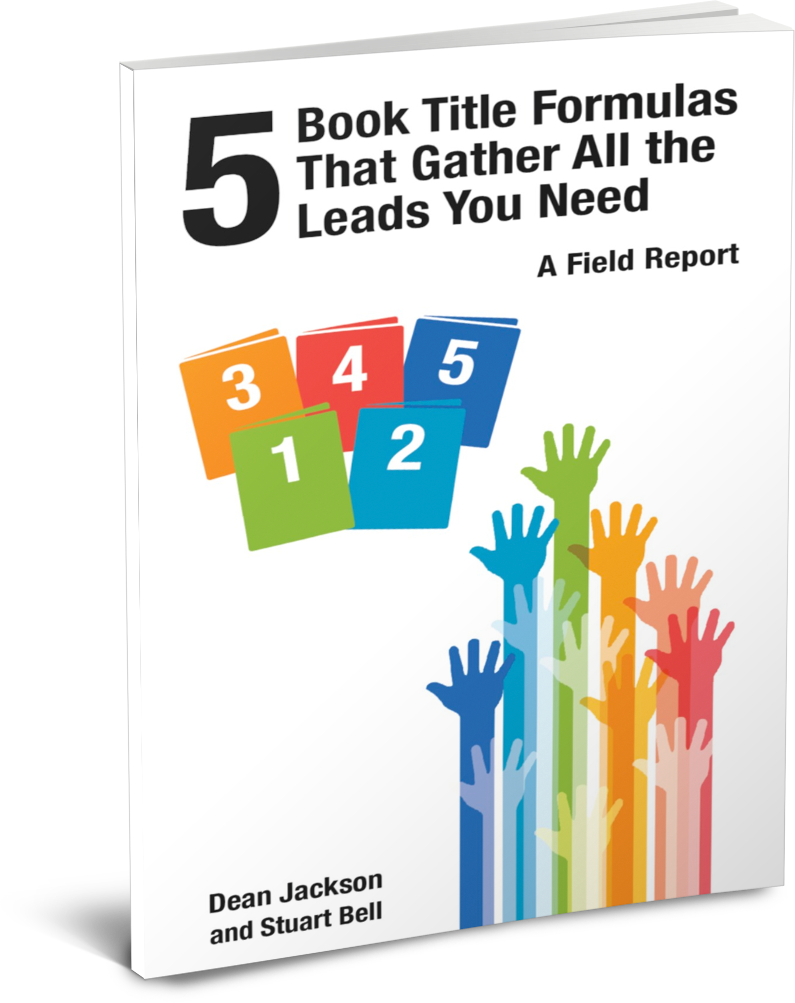
FREE BOOK
Discover the 5 Compelling Book Titles Types that create an ‘I Want That…’ response.
Tips for Grabbing the Attention of Book Publishing Companies
You have now selected the publishing company which is the most fitting for your book, and you have located a handful of book publishing organizations that you want to contact. What steps should be taken to ensure an editor notices your writing and doesn’t ignore it?
The exact response depends on the kind of publisher and their specifications for seeking new writers.
Here are a few tricks that you can use to make sure your book stands out amongst others.
Know your niche
It is essential to make sure that your book and your publisher’s target audience are compatible to create a successful link. For example, it would be ill-advised to submit a work of fiction to a publisher that predominantly deals with educational non-fiction. On the other hand, if a publisher typically releases stories or fictional books, they should not be sent a tutorial or a book of recipes.
When trying to coordinate your work with a publisher, the more detailed it is, the better your chances of success. Look for publishers near your area if you’ve written a book regarding local legends and history. They could focus on books related to culture and history.
Build a fan base
In the digital age, one of the most effective methods of getting noticed is to show that you have an existing audience that would be eager to listen to your message. It is unnecessary to be a well-known celebrity, musician, or renowned politician to have an extensive group of people who admire you. You can also begin with just a few social media platforms.
Generate some profiles on famous social media sites such as Facebook, Instagram, LinkedIn, Twitter, etc., to publicize yourself and any projects you have coming up. If a publishing company observes that you have numerous loyal followers or fans, they will accept that this will be reflected in the number of copies of your book they may expect to sell.
Have a solid and unique concept
This may seem challenging at first glance because countless books exist. But it doesn’t have to be! Being original and presenting something to a publisher no one else has ever given is a great way to get noticed in a group.
Begin by pondering what makes your narrative unique. What is the focus of the book, or how is it written? Do these elements constitute the character, the story’s progression, the obstacles, and the plot points?
Create a list of aspects of your book that make it stand out from other books in the same genre, if necessary. When you contact your publisher, you should emphasize and advertise these qualities.
Make sure it’s well-written and free of mistakes!
No blunders in spelling and grammar will be more off-putting to an editor than anything else. So it’s vital that your book is composed with the best quality and has no mistakes. Using a freelancer editor is a good, budget-friendly way to get an expert opinion on what you’ve written. Request assistance from your friends and associates to give your work a last proofread.
When you’re captivated by your narrative and your composition, you can often overlook the slight inaccuracies that might stifle your publication’s progress. Before sending it to your publishers, get someone else to proofread your sample chapter (or the whole book).
BONUS: Should you start a publishing company?
There are 3 primary reasons to start a publishing company:
- Financial protection
- Taxes
- Legitimacy
One can certainly think of several motives for founding a publishing company, yet these are the critical three. If you are interested in publishing works from other authors, you can do so without forming a Limited Liability Company (LLC). If you set up a Limited Liability Company, you will have the advantage of both legal protection and legitimacy.
It is no longer necessary to set up your own publishing business to publish your own work or someone else’s material with the current publishing platforms.
However, starting a publishing company has several advantages. Here’s a more detailed list of reasons you may want to establish your own publishing business:
- Conveys professionalism and expertise
- Protects yourself, your work, and your personal assets in case of a lawsuit
- Manages your intellectual property
- Allows for certain tax write-offs
- Maintains control over your work
- Gives you access to more than one Amazon KDP account
- Shifts your mindset from a hobby writer to a business owner
- Fulfills your dream of being The Boss/CEO/Founder of your own publishing company
- Establishes a legal entity to contract to co-write and licensing properly
- Facilitates future opportunities to publish books by other authors
How do publishing companies make money? Publishing houses generate profits by obtaining revenues from book sales and then subtracting the royalty fees they owe to writers and other creatives. Royalties are 100% negotiable.
What does a publishing company do?
A publishing company markets and circulates books (as well as magazines, newspapers, digital content, etc.). The publishing company determines which marketing approach their published materialarget) will most likely result in the most significant amount of book sales. They may assist in the editing procedure to guarantee that their published material is up to standard.
Creating your own book publishing business is integral to increasing your identity as an author, selling other people’s works, or safeguarding yourself and your possessions.
Setting up their own firm can be perplexing, laborious, and quite uneasy for many people. To be honest, it’s a lot of work.
This guidance will help help you decide if you want to set up a publishing business and demonstrate the procedures necessary to conclude such a complex undertaking.
Let me make 2 disclaimers:
- This article does not constitute legal advice and should not substitute for the advice of an attorney. Although I have a lot of experience setting up LLCs, including my own book publishing company, I am not a lawyer or CPA and cannot speak on their behalf. If you have any questions, seeking legal advice before moving on is best.
- Some of the paperwork and legal steps in this article are only pertinent to the US. Each country will have its own laws for setting up such things. Many of the steps and recommendations below will be relevant to your startup, no matter which country you’re in.
3 Benefits of Starting Your Own Publishing Company
1. Tax Benefits, Write-Offs, & Wealth Building
It is advantageous from a tax perspective to possess your own book publishing firm. As April 15th comes near, you can claim extraordinary business expenditures.
A business can assist you in distinguishing between your individual income and commercial income. Any business expenses you can deduct may help reduce the amount you have to pay in taxes. An accountant can assist you throughout the year in making the most advantageous selections concerning particular matters to utilize the tax code to its fullest extent.
The most common tax-deductible business expenses:
- Salaries, wages, and contract labor
- Most insurance policies
- Vehicle expenses
- Travel
- Office internet
- Supplies and office expenses
- Business meals
- Advertising and marketing
- Accounting fees
- Interest in the business-related debt
- Conferences
- Rented office space
- Home office
- Utilities
- Property purchased for business use
- Depreciation on that property
Saving money on taxes isn’t just about short-term gain. Getting into the publishing business allows you to generate wealth and provide for your retirement.
2. Increased Credibility
Beginning your own publishing firm boosts your trustworthiness. Creating one’s own Limited Liability Company (LLC) makes self-publishing authors appear more legitimate and provides more legal protection for them and their colleagues.
Admitting that you have self-published your work can be daunting – you might worry that once people know you went the self-publishing route, they might think your work wasn’t good enough to be accepted by a traditional publishing house.
Indicating that you have a publishing business where you print your books grants you a feeling of validity.
Having a reliable reputation is not only beneficial for you to feel good about yourself but also essential. People who collaborate, write, and invest in companies may be drawn to firms firmly established in the publishing industry.
3. Ability to Expand Your Brand
Launching your own publishing company increases the scope of your author brand.
Convincing readers to choose your book over any other is a form of author branding. Creating a reputable image, demonstrating originality, and keeping a businesslike appearance that does not divert consideration from the books that you labored on is necessary.
This process is associated with marketing a book: persuading someone that the book is ideal for them. Good author branding makes book positioning easier and vice-versa.
Having your own publishing firm can facilitate working with other writers. Authors shared audiences which m, which ay resulted in an extended outreach for both individuals.
Launching your own publishing company gives you more credibility as a writer and gives you more authority over how you advertise your work. It also gives you an extra opportunity to advance your image as an author.
Guest Post Disclaimer
The views expressed in this post do not represent the views of 90-Minute Books. The information has not been verified and should be considered an opinion. You are always advised to do independent research.




